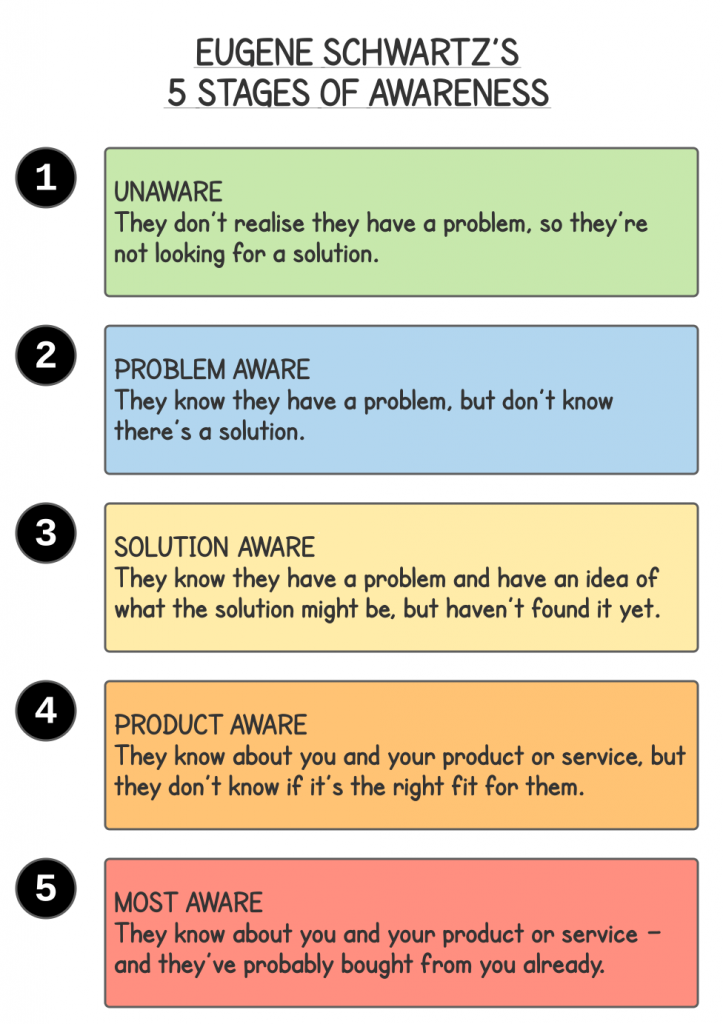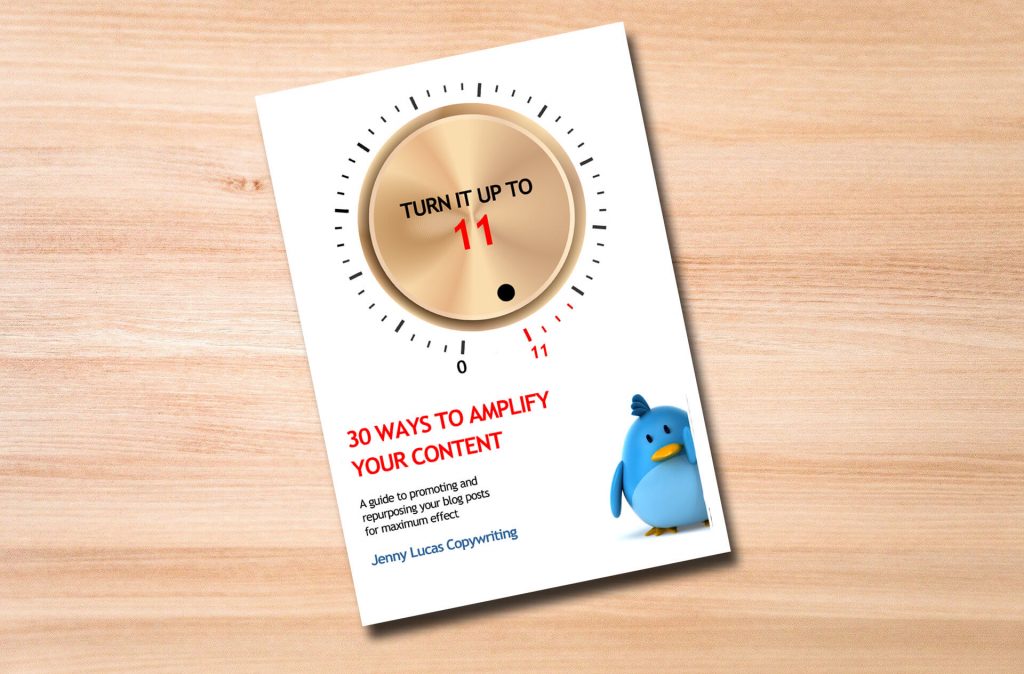Good content should work for your business
Some SEOs will tell you that the purpose of creating content is to bring more traffic to your website. But, while that’s part of it, it’s only half the story. Because traffic = people and people have needs.
Your business has needs, too. And if you’re investing in content, you want those needs met as well.
A content strategy is the magic potion that ensures the content you’re writing is serving the needs of your audience and your business.
What is a content strategy?
A solid content strategy is behind every winning content plan. The strategy is designed to help us plan, develop and publish content that has clear aims and objectives.
For example, a comprehensive content strategy will help us:
- Achieve a variety of goals for your business
- Target and attract your different audiences
- Address relevant and important topics
- Target the right SEO keywords.
Why do you need a content strategy?
There are a number of reasons why having a content strategy makes good sense. Let’s look at three of those now.
1. A content strategy gives your content a purpose
A content strategy gives us the goal and the plan to achieve it, so we always have something tangible to work towards. It means, rather than writing articles aimlessly and haphazardly, each piece will serve a specific purpose and have a specific part to play.
2. A content strategy keeps us focused on results
When we understand why we’re writing each piece of content and what we want it to achieve, we’ll write with a clear focus, direction and intent.
3. A content strategy helps us monitor your progress
The results you get from content are wide-ranging, which makes them notoriously difficult to measure. But having a goal in mind means we have some way of monitoring how we’re doing and making sure we’re on the right track.
The ingredients of a magic content strategy
So, when you work with me, what will go into your content strategy and how will those ingredients make your strategy effective?

A substantial serving of aims and objectives
We’ll start with a strategy call where we’ll talk about the purpose of your content and what you want it to achieve for your business.
For example, you might want content to:
- Reach more of your potential market and introduce them to your brand
- Convert more of your visitors into email subscribers and customers
- Build your authority in your industry and gain your prospects’ trust
- Explain how a product or process works so prospects know what to expect
- Help existing customers with troubleshooting steps they can try before they call you
- Answer a series of questions on a topic or give an in-depth and detailed answer to a question you’re often asked.
A healthy helping of audience
Every piece of content starts with your audience. And, with content, we can reach several audiences at different points of your sales funnel.
Who are we writing for?
Not everyone who will buy from you is ready to buy. Some people are only just realising they have a problem and trying to find out if there’s a solution. Some are doing their research and looking at their options. Some already know about you and are wondering if what you’re offering is the right fit for what they need.
When I’m thinking about who we’re writing for, I start with Eugene Schwartz’s 5 Stages of Awareness.

The ‘problem aware’ are your top-of-the-funnel prospects who are just starting their research. Your ‘product aware’ are at the bottom of the funnel and are almost at the point of making a decision.
We can also think about the different buyer types and plan content that speaks to each one. You can read more about this in my article: How to write for different buyer types >>
What does the audience we’re targeting want to know?
When we’ve established who we want to talk to, I need to find out the kind of content those people want to see.
Specifically, I’ll be looking at:
- The questions they’re asking online
- The information they’re searching for
- The kinds of content they’re looking up
- The language they’re using to search.
For example, let’s say you sell bi-folding doors.
A problem-aware, top-of-the-funnel prospect, who doesn’t know they want bi-folding doors, might search How to get more daylight into my room.
A solution-aware, middle-of-the-funnel prospect, who’s already thinking of a glass door, might search What are the different kinds of patio doors?
A product-aware, bottom of the funnel prospect, who’s decided on a bi-folding door, might search Best aluminium bi-folding doors.
A supportive set of content pillars
Your content pillars are the main themes and topics your content will be built on. On a blog, these are are also known as your categories.
Your blog can have multiple categories, depending on the kind of content that’s going to be relevant for your audience. Some organisations keep it super-simple, with only three or four pillars, others have 10+.
From a user experience (UX) perspective, having more categories will help your audience find the content they want to read more easily.
If we’re starting from scratch, I’ll usually introduce new categories as we publish content for them. This way, you’re not going to have empty categories with no articles in them.
A plentiful portion of keyword research
SEO keyword research will help me choose the right words and phrases to make your content visible online, where your audience will find it.
The keywords I choose will:
- Be relevant to the themes of your content
- Receive a worthwhile number of searches per month
- Satisfy your users’ search intent by giving them what they’re searching for.
And if you’re writing the content yourself, I’ll show you where to put the keywords to get the best result.
A decent dollop of competitor research
The success of your SEO and your content will depend on what you want to rank for and who you’ll be going up against in the race to Google’s top spot.
To make an assessment, I’ll look at the sites that are already ranking and decide whether you have a shot of getting onto page one of Google. Your ranking can never be guaranteed, because that’s entirely at Google’s discretion, but there are some markers to look for.
I can also help by planning/writing content that will be better, more comprehensive and more in-depth than the current ranking pages.
Formulating your content plan
When I’ve determined the content you need to achieve your goals, and you’re happy with it, we’ll need to prepare a plan for creating it, publishing it, promoting it and monitoring it.

Who will write my content?
It depends which of my packages you choose.
- Write it Yourself —> I plan it and you write it
- Plan it Yourself —> you plan it and I write it
- Done for You —> I plan it and write it.
How often should you post blog articles?
My advice is once a week if you’re trying to improve your website and rank better, or once a month if you’re already ranking well and want to maintain that. We can discuss the approach you should take when we have our strategy call.
The key rule is always quality and consistency over quantity. That means showing up regularly with well-thought-out, comprehensive and high-quality content. So we’ll formulate a plan where we’re creating the best content possible and posting at regular intervals.
How can you promote and repurpose your articles to get the most value?
I’m glad you asked!
I’ve detailed 30 different ways to promote and repurpose your blog articles in my ebook, Turn it up to 11, and you’ll get a copy of that included in your package.

Want to make some content magic?
I’m Jenny Lucas, a freelance content writer specialising in SEO blog writing and premium content that works.
For more information on the ways you can work with me, head over to my Content Writing page.
Or to contact me about a project, here’s the link to my contact information.

You might also like…



